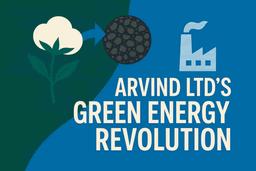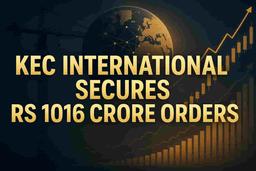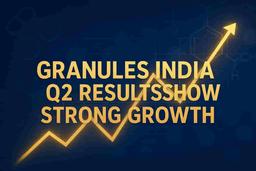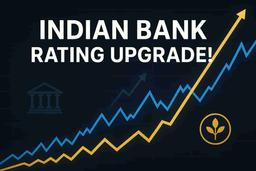Inox Green Energy has lost grid connectivity for its 300 megawatt wind project in Gujarat, as ordered by the Central Electricity Regulatory Commission (CERC). The disconnection, carried out by Central Transmission Utility of India Ltd (CTUIL), occurred on March 10 due to missed commissioning deadlines and failure to achieve financial closure. The CERC upheld the decision, noting Inox Green had held connectivity for six years. Bank guarantees worth ₹3.5 crore were encashed. This highlights challenges in India's renewable energy sector, including land acquisition and transmission infrastructure lags.
The Central Electricity Regulatory Commission (CERC) has upheld the decision to revoke grid connectivity for Inox Green Energy's 300 megawatt (MW) wind project in Gujarat. The disconnection was executed by the Central Transmission Utility of India Ltd (CTUIL) at the Bhuj-II pooling station on March 10, 2025, after Inox Green failed to meet project commissioning deadlines and achieve financial closure. Despite seeking extensions, the CERC noted that the company had "holding onto the connectivity for the last six years, which is a scarce resource," emphasizing the strain on India's transmission network.
CTUIL also encashed bank guarantees totaling ₹3.5 crore from Inox Green. The company had argued that delays were caused by issues with land allotment, transmission readiness, and pandemic disruptions. However, the CERC rejected these arguments, stating the developer had "taken undue advantage of the delay in revocation" and advised Inox Green to reapply if they wish to proceed with the project.
This incident underscores significant challenges within India's rapidly expanding clean energy sector. Developers often face hurdles in acquiring land and ensuring timely project completion, while the country's transmission infrastructure struggles to keep pace with the addition of new renewable energy capacity. In September, India had already cancelled grid access for approximately 17 gigawatts (GW) of delayed clean energy projects to prioritize those nearing completion or already operational.
Impact
This news has a direct negative impact on Inox Green Energy's operational capabilities and financial standing, potentially affecting investor confidence in the company and similar renewable energy developers. It also highlights systemic issues in India's power transmission infrastructure and project execution, which could slow down the country's ambitious renewable energy targets.
Rating: 6/10
Difficult Terms Explained:
Central Electricity Regulatory Commission (CERC): This is an independent statutory body established by the Indian government to regulate electricity tariffs, licensing, and other aspects of the power sector in India.
Central Transmission Utility of India Ltd (CTUIL): This entity is responsible for the operation and maintenance of the national high-voltage transmission system in India, ensuring smooth power flow.
Financial Closure: This refers to the point where a project has secured all the necessary funding (debt and equity) required for its completion and operation. It's a critical milestone before construction can proceed fully.
Commissioning Deadlines: These are the scheduled completion dates by which a project, like a wind farm, must be built, tested, and ready to begin generating electricity.
Bank Guarantees: A financial instrument provided by a bank on behalf of a customer, guaranteeing that the customer will fulfill their contractual obligations. If the customer fails, the bank pays the beneficiary.
Pooling Station: A designated substation where electricity generated from multiple renewable energy sources (like wind or solar farms) is collected before being transmitted to the main national grid.
Performance Guarantees: Similar to bank guarantees, these ensure that a company meets its contractual obligations, such as delivering a project on time and to specifications. If not met, these guarantees can be encashed.







